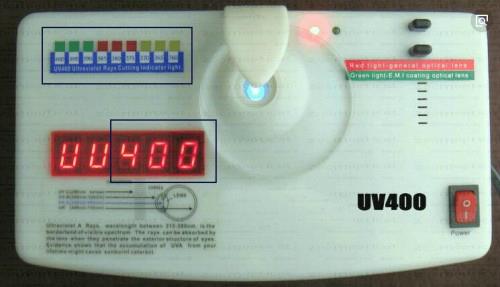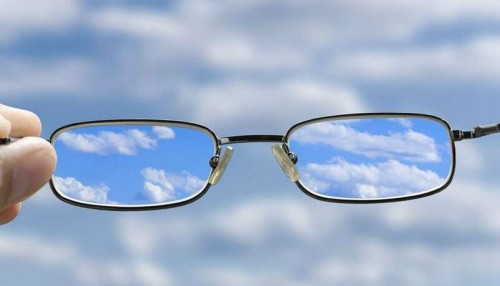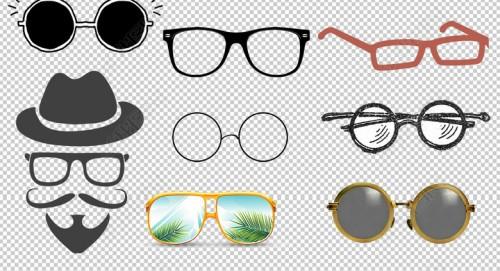
When choosing glasses, we should consider the following aspects.
1. Is it really UV-protective? Sunglasses with UV protection are generally clearly marked, such as “100% UV absorption”, “UV400”, “UV”, “UV protection”, etc. The label “100% UV absorption” means that the lens has 100% absorption of ultraviolet light; the label “UV400” indicates that the lens can block ultraviolet light with a wavelength below 400 nm; the label “UV” and “UV protection” means that the lens can only block the wavelength below 380 nm. UV; Generally speaking, in terms of UV protection, "100% UV absorption" > "UV400" > "UV" "UV protection".

2. The degree of the lens. Make sure that the degree of the lens matches your own diopter. If you don't have nearsightedness or have worn contact lenses, then you need sunglasses to be 0 degrees. If you have diopter requirements, it is recommended to use medical optometry after fitting according to your own degree. The degree is not suitable, and it is likely to cause discomfort such as visual fatigue and dizziness.

3. Is the frame size appropriate? It is generally necessary to select the appropriate frame according to the pupil distance and face size. Many people like big-frame sunglasses, but large-frame sunglasses are likely to be improperly spaced, and may cause eye pain, dizziness, and other discomforts because of the frame being too heavy. 4. Try not to choose lenses that are too dark. If the lens is too dark, it may cause more “parallax” and “color difference”. After wearing the glasses, the light intensity is too low, and it is difficult to distinguish between red and green when crossing the road, and it is difficult to distinguish between red and green, which causes inconvenience and unnecessary danger.

Hope this content can help you pick a pair of suitable sunglasses and then enjoy the summer.